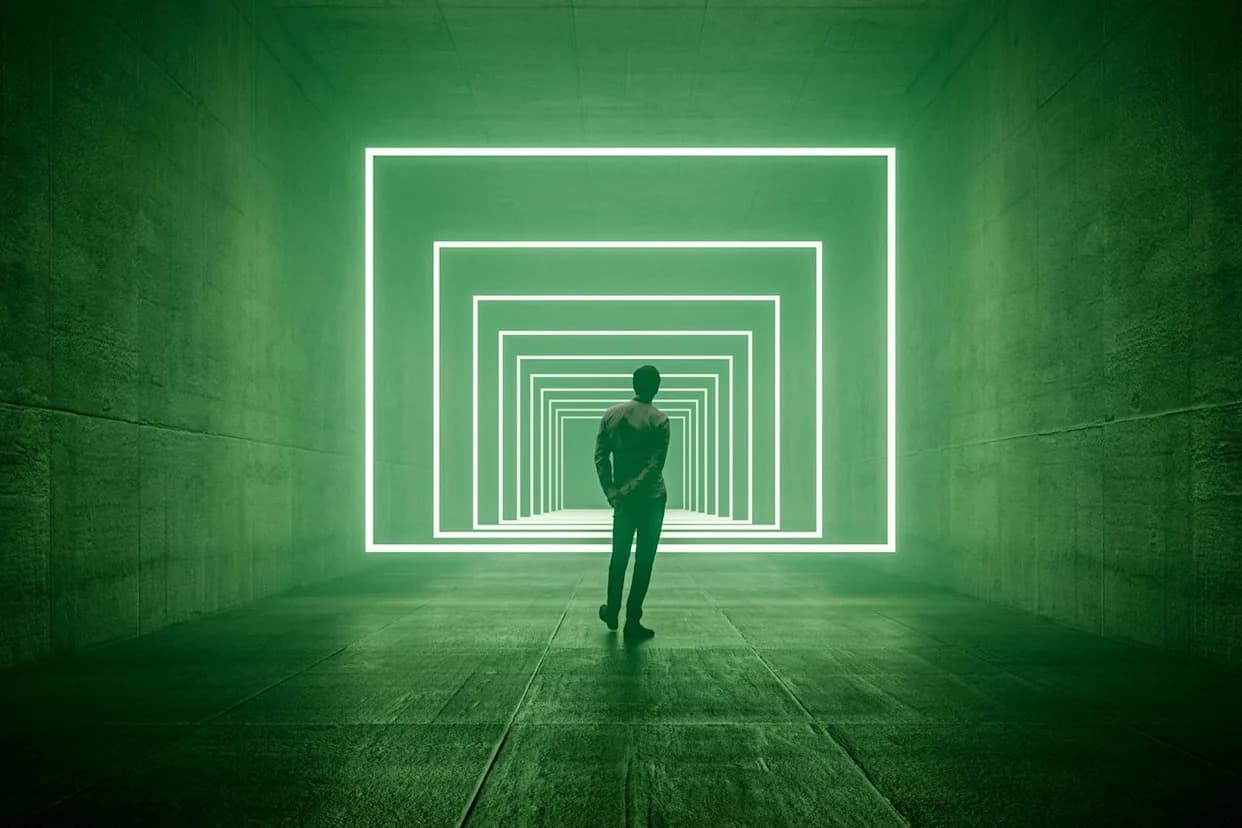Physicists Mir Faizal, Lawrence Krauss and colleagues argue that the universe cannot be fully simulated by a computer because some aspects of reality are non‑algorithmic. Drawing on Gödel’s incompleteness theorems and related results, they claim any finite formal system (including a hypothetical Theory of Everything) could contain true but unprovable statements. They propose a Meta‑Theory of Everything (MToE) with a 'truth predicate' to acknowledge facts beyond formal proof, and suggest this limits the simulation hypothesis and has implications for black‑hole physics, quantum gravity and AI.
Physicists Argue the Universe Cannot Be a Computer Simulation — Gödel-style Limits Make Reality Non‑Algorithmic

Physicists argue the universe cannot be a computer simulation
Physicist Mir Faizal, an adjunct professor at UBC Okanagan’s Irving K. Barber Faculty of Science, together with Lawrence Krauss, Arshid Shabir and Francesco Marino, has published a provocative paper in the Journal of Holography Applications in Physics arguing that the universe cannot be—and in principle never could be—a computer simulation.
The central claim
The team draws on results from mathematical logic and information theory to claim that certain fundamental aspects of reality are non‑algorithmic: no finite algorithm can fully characterize every truth about the universe. Their argument rests on a family of theorems (most famously Kurt Gödel’s incompleteness results, and related ideas from Alfred Tarski and Gregory Chaitin) showing that sufficiently rich formal systems necessarily contain true statements that cannot be proven within the system.
How this relates to physics
Modern physics relies on mathematical frameworks—relativity describes gravity and space‑time, quantum theory governs the microscopic world—but these frameworks are currently incompatible in extreme regimes such as black‑hole interiors and the very early universe. Faizal and colleagues suggest the difficulty may not be only technical: a complete, finite set of axioms (a so‑called Theory of Everything) could still leave some physical facts undecidable, simply because of inherent limits of formal systems.
'There are aspects of reality that are beyond any finite calculation,' Faizal says. 'And that doesn’t mean they are not real; it means they are beyond computation.'
Meta‑Theory of Everything (MToE)
To address undecidability, the authors propose augmenting a hypothetical formal theory with a kind of 'truth predicate' in a Meta‑Theory of Everything (MToE). This device is intended to acknowledge facts that cannot be derived by any finite step‑by‑step algorithm, effectively admitting a non‑algorithmic layer to theoretical description. In their view, certain questions—like detailed properties of black hole interiors or precise mechanisms for the emergence of space‑time—may be true in reality while remaining non‑computable.
Implications and caveats
The paper explicitly challenges the popular 'simulation hypothesis,' which posits our universe is a program run by some advanced civilization. The authors argue that a simulated universe would have to be governed entirely by algorithmic rules, which they claim is incompatible with the existence of non‑algorithmic truths.
Coauthor Lawrence Krauss summarizes the position: 'The fundamental laws of physics cannot exist inside space and time; they create it. This signifies that any simulation, which must be utilized within a computational framework, would never fully express the true universe.'
It is important to stress that this is an active theoretical claim, not a settled empirical conclusion. Many philosophers and physicists debate how—or whether—mathematical incompleteness maps onto physical theory. Practical research in quantum gravity, cosmology and information theory will be needed to test how these conceptual limits play out in concrete models.
Why it matters
If parts of physical reality are indeed undecidable or non‑computable, the result would reshape expectations for a final, purely mathematical 'Theory of Everything,' influence how we frame problems like the black hole information paradox, and bear on philosophical debates about consciousness and the limits of artificial intelligence. Faizal and colleagues view this limitation not as an end to science but as a direction for new kinds of reasoning and interdisciplinary inquiry.
Where to read more: The research findings are available online in the Journal of Holography Applications in Physics. Readers should note these are theoretical arguments subject to ongoing scientific and philosophical discussion.
Help us improve.




























